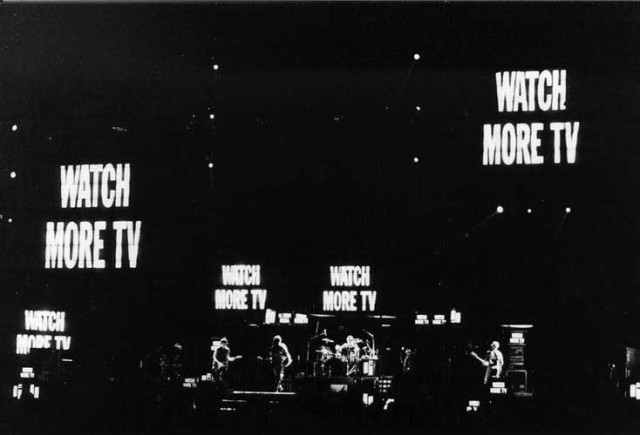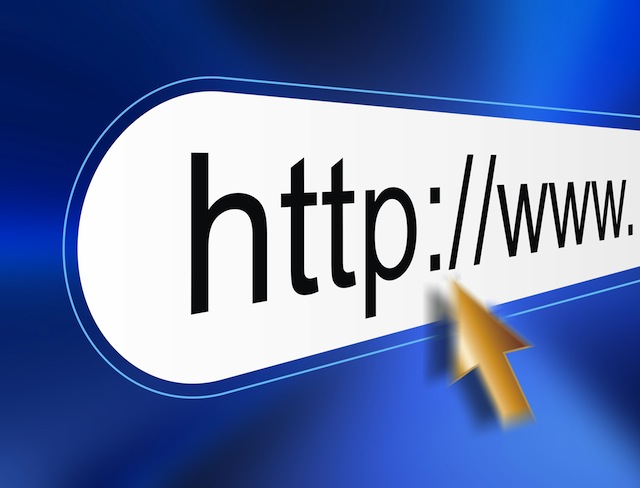Security problems with smartcars and dating sites along with asking if a new version of Microsoft Windows matters any more are the topics for July’s Nightlife tech spot.
Paul Wallbank regularly joins Tony Delroy on ABC Nightlife on to discuss how technology affects your business and life.
If you missed this month’s show, you can listen to the program through the ABC website.
July’s Nightlife
A decade ago people lined up all night for a new version of the Windows operating system. Next week Microsoft will be launching Windows 10 to an indifferent market place, does what was once the world’s biggest software company matter anymore in a world of smartphones, connected cars and cloud computing?
Some of the questions we’ll be answering include.
- So what are Microsoft announcing next week?
- What happened to Windows 9?
- Does Windows really matter any more?
- The internet has changed things but not always for the better. What about connected cars being hacked?
- Is this a bigger problem than just connected cars when we’re seeing things like kettles being wired up to the internet?
- Of course it’s not just cars suffering problems on the Internet, adult dating site Ashley Madison has had potentially 37 million customers’ details leaked online.
- Could this happen to any business? How do we protect ourselves?
Listeners’ questions
A few of the questions from listeners couldn’t be answered on air.
Running Flash of iPhones and iPads: Steve Jobs’ hatred of Adobe Flash was legendary and as consequence iOS devices like the iPhone and iPad don’t come with the ability to run the software. That’s a problem for those who need Flash for some packages.
The Puffin web browser gives iPad and iPhone users the ability to use Flash on their devices and is available from the iTunes store.
Securing Android: While smartphones are less prone to viruses and malware than personal computers, they still are at risk. For Android users there is no shortage of choice for security packages, some of which include;
Android power hogs: A downside with smartphone apps is they can drain battery life. One excellent feature on Android phones is the ability to easily check what’s using your juice.
- Open device settings
- Scroll to “about phone”
- Click on “battery use”
Join us
Tune in on your local ABC radio station from 10pm Australian Eastern Summer time or listen online at www.abc.net.au/nightlife.
We’d love to hear your views so join the conversation with your on-air questions, ideas or comments; phone in on 1300 800 222 within Australia or +61 2 8333 1000 from outside Australia.
You can SMS Nightlife’s talkback on 19922702, or through twitter to@paulwallbank using the #abcnightlife hashtag or visit the Nightlife Facebook page.




